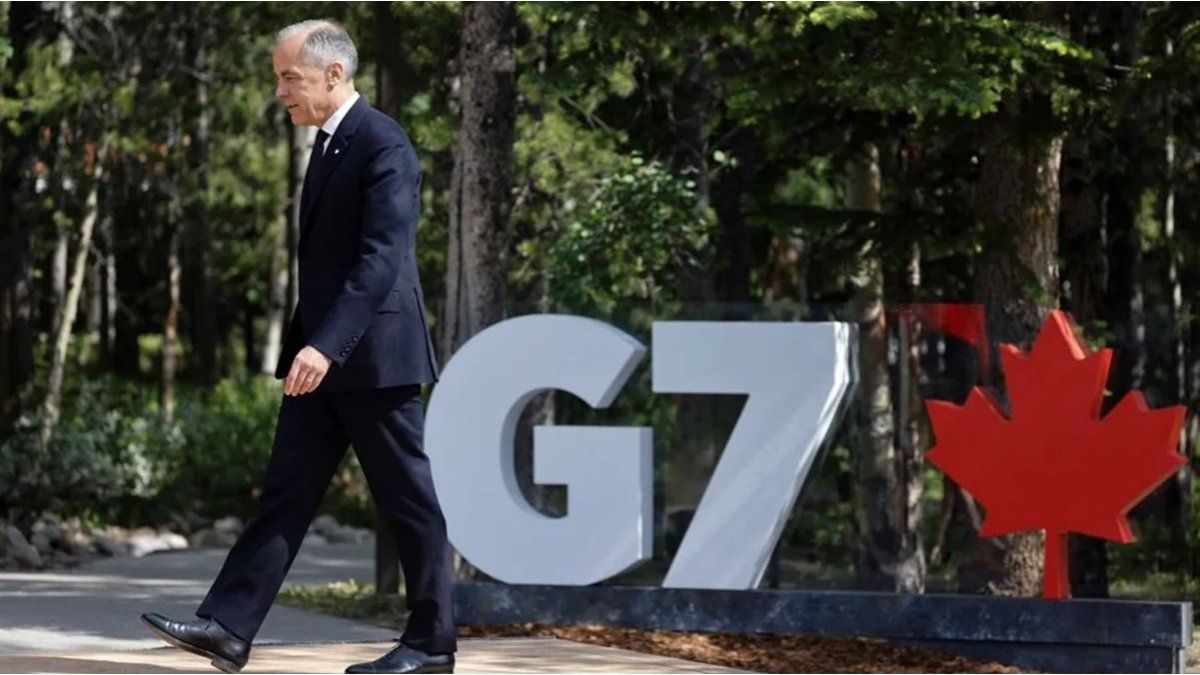The group of the main economies of the world gave a green light to an exception that benefits large US corporations. The measure could mark a turn in the international consensus on global taxation.
The group of seven (G7), which brings together the most developed economies of the planet, announced an agreement that will allow Eximit the great US multinationals of the minimum global tax of 15%originally established by the OECD and supported by more than 130 countries.
The content you want to access is exclusive to subscribers.
The decision represents a significant turn in the call Global Fiscal Agreementwhich had been promoted since 2021 by the Organization for Economic Cooperation and Development (OECD) and the G20with the aim of avoiding unfair competition between countries for attracting investments through reduced corporate rates and stop the evasion of taxes of large international conglomerates.


The consensus, which was initially reached by 136 countries and jurisdictionshe consisted of two pillars. He Pilar 2 established a 15% Global Corporate Taxwhile the Pilar 1 It focused on redistributing tax rights so that part of profits are taxed in countries where companies effectively generate value.
A change driven by the US
The understanding was confirmed after the statements of the US Secretary of the Treasury, Scott Besentwho days ago had anticipated the initiative to celebrate that they had Protected national interests. In counterpart, he asked the Congress to eliminate the Clause 889which provided fiscal measures in retaliation against other countries.
The original agreement was promoted by the administration of Joe Bidenbut after the assumption of Donald Trumpon January 20, two executive orders retired to the United States from international commitment. Even so, European countries were able to apply the minimum tax to US companies operating within their borders.
Now, with this new understanding, the G7 considers that the normative review “will provide greater stability and certainty to the international tax system in the future”According to the official statement, issued by Canadaa country that currently chairs the group, “The establishment of a juxtaposed system will facilitate greater progress aimed at stabilizing the international tax system, including a constructive dialogue on the taxation of the digital economy and the preservation of the fiscal sovereignty of all countries”.
Next steps
The G7 also expressed its intention to support this position in multilateral debates with the G20 and the OECDwith the objective of “Get rapid an acceptable and applicable solution for all”.
When announcing the progress, Besent was blunt to remember that Trump’s government “It remains attentive to any discriminatory or extraterritorial foreign tax applied against Americans“And that will firmly defend your “Fiscal sovereignty”.
Source: Ambito




